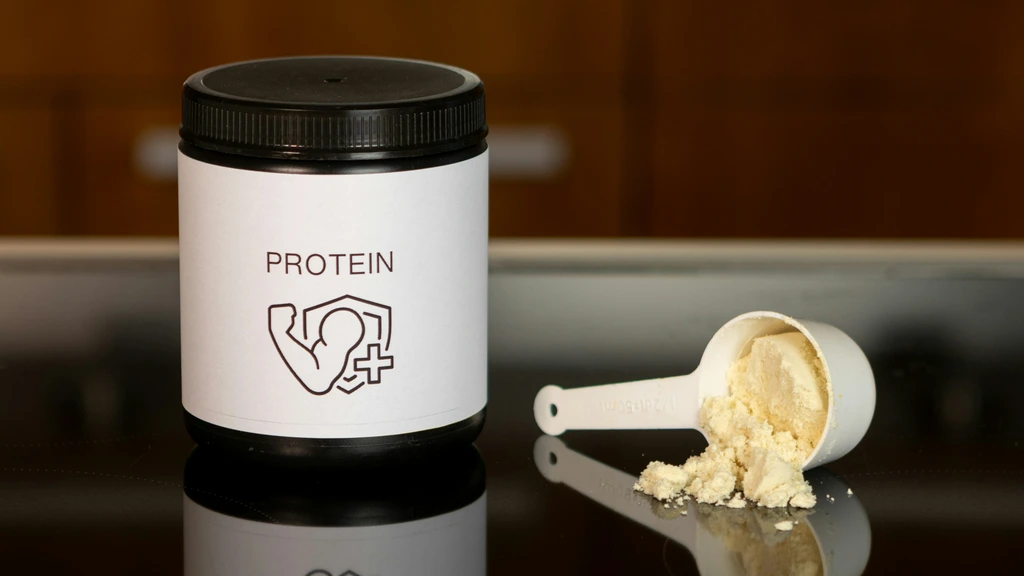Introduction
Probiotics have gained popularity in recent years for their potential health benefits. These live bacteria and yeasts can provide numerous benefits to the body when consumed in adequate amounts. In this article, we will explore when and why you should be taking probiotics.
When to Take Probiotics
Probiotics can be taken at various times, depending on your specific needs. Here are some common scenarios when taking probiotics can be beneficial:
- After Antibiotic Use: Antibiotics not only kill harmful bacteria but also the beneficial ones in your gastrointestinal (GI) tract. Taking probiotics after a round of antibiotics can help restore the balance of good bacteria in your gut.
- During and After Travel: Traveling can expose you to unfamiliar foods, contaminated water, and different hygiene practices. Probiotics can help support your immune system and maintain digestive health during and after your trip.
- During Digestive Issues: If you are experiencing common digestive issues such as bloating, diarrhea, or constipation, probiotics may help alleviate symptoms and improve gut health.
- During Pregnancy and Breastfeeding: Probiotics are generally safe for pregnant and breastfeeding women and can help support maternal and infant health.
- As Part of a Healthy Lifestyle: Incorporating probiotic-rich foods or supplements into your daily routine can be beneficial for maintaining optimal gut health.
Why Take Probiotics
Now that we’ve discussed when to take probiotics, let’s delve into the reasons why you should consider incorporating them into your routine:
- Improved Digestive Health: Probiotics can help improve digestion, reduce bloating, and alleviate symptoms of digestive disorders like irritable bowel syndrome (IBS).
- Boosted Immunity: Probiotics support a healthy immune system by promoting the production of antibodies and enhancing the function of immune cells.
- Reduced Risk of Infections: Certain strains of probiotics have been shown to help prevent and reduce the severity of various types of infections, including urinary tract infections and respiratory infections.
- Mental Well-being: Emerging research suggests that probiotics may play a role in improving mental health conditions like depression, anxiety, and stress.
- Support for Skin Health: Some studies indicate that certain probiotic strains can help improve skin conditions such as acne, eczema, and rosacea.
- Overall Health and Well-being: Taking probiotics as part of a healthy lifestyle may contribute to overall well-being and quality of life.
Conclusion
Probiotics can offer a range of health benefits, from supporting digestion to boosting immunity and promoting mental well-being. Consider incorporating probiotic-rich foods or supplements into your routine, especially during specific situations like after taking antibiotics or when experiencing digestive issues. Always consult with a healthcare professional before starting any new supplements or making significant changes to your diet.











Discussion about this post